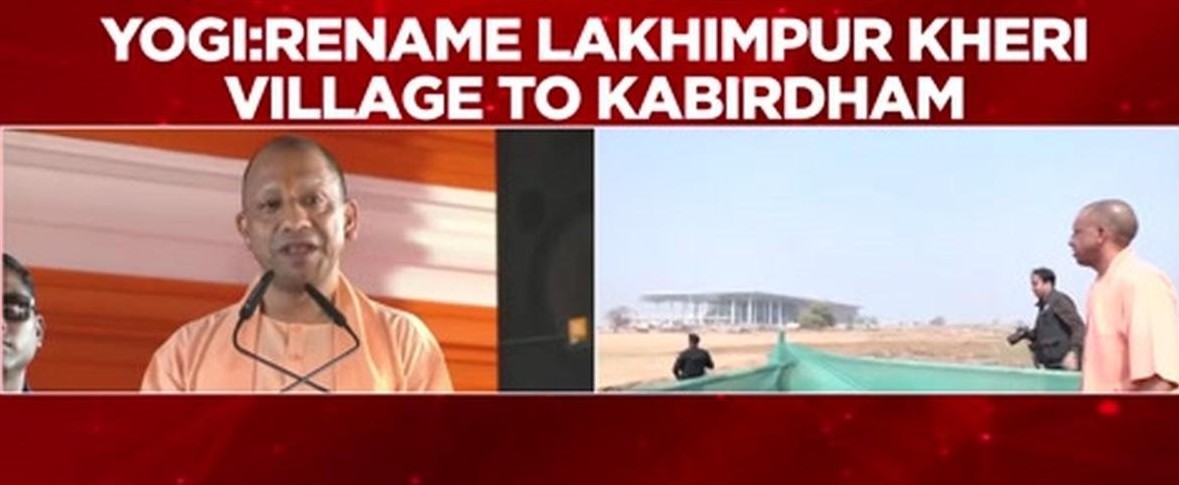Uttar Pradesh Chief Minister Yogi Adityanath has announced the renaming of Mustafabad village in Lakhimpur Kheri district to “Kabir Dham.” The move, part of a broader campaign to restore cultural and religious heritage, aims to honor Sant Kabir’s legacy and reshape the region’s historical identity through symbolic place-name changes.
In a continuation of his government’s cultural rebranding efforts, Uttar Pradesh Chief Minister Yogi Adityanath declared that Mustafabad village in Lakhimpur Kheri district will be renamed “Kabir Dham.” The announcement was made during the Smriti Prakatyotsav Mela 2025, a public event commemorating Sant Kabir, whose teachings have influenced generations across India.
Adityanath stated that the renaming is intended to restore the region’s historical and spiritual identity, aligning with previous changes such as Allahabad to Prayagraj and Faizabad to Ayodhya. He emphasized that the village has no Muslim population, questioning the relevance of its current name and directing officials to initiate the formal proposal for renaming.
The move has sparked discussions around cultural symbolism, historical narratives, and the political undertones of place-name changes in India.
Key Highlights:
- Notable Update: Cultural Restoration Drive
Adityanath framed the renaming as part of a broader effort to revive sites of religious and cultural significance, contrasting it with previous regimes’ focus on secular infrastructure.
- Major Takeaway: Honoring Sant Kabir
The new name “Kabir Dham” pays tribute to the 15th-century mystic poet and saint, whose teachings emphasized unity, simplicity, and spiritual wisdom.
- Important Point: Political Context
The announcement follows a pattern of renaming cities and towns with Mughal-era names, reflecting the government’s push to reclaim perceived indigenous heritage.
- Strategic Direction: Administrative Action
Officials have been instructed to submit a formal proposal for the name change, signaling the start of bureaucratic procedures to implement the decision.
- Public Sentiment: Mixed Reactions
While some view the move as a rightful homage to cultural icons, others raise concerns about the politicization of identity and selective historical framing.
Why It Matters:
Place names carry deep symbolic weight. This renaming reflects a growing trend in India’s political landscape where cultural identity and historical narratives are being reshaped through administrative decisions. As debates around heritage and inclusivity intensify, such moves will continue to influence public discourse.
Sources: Indian Express, Hindustan Times, India TV News
